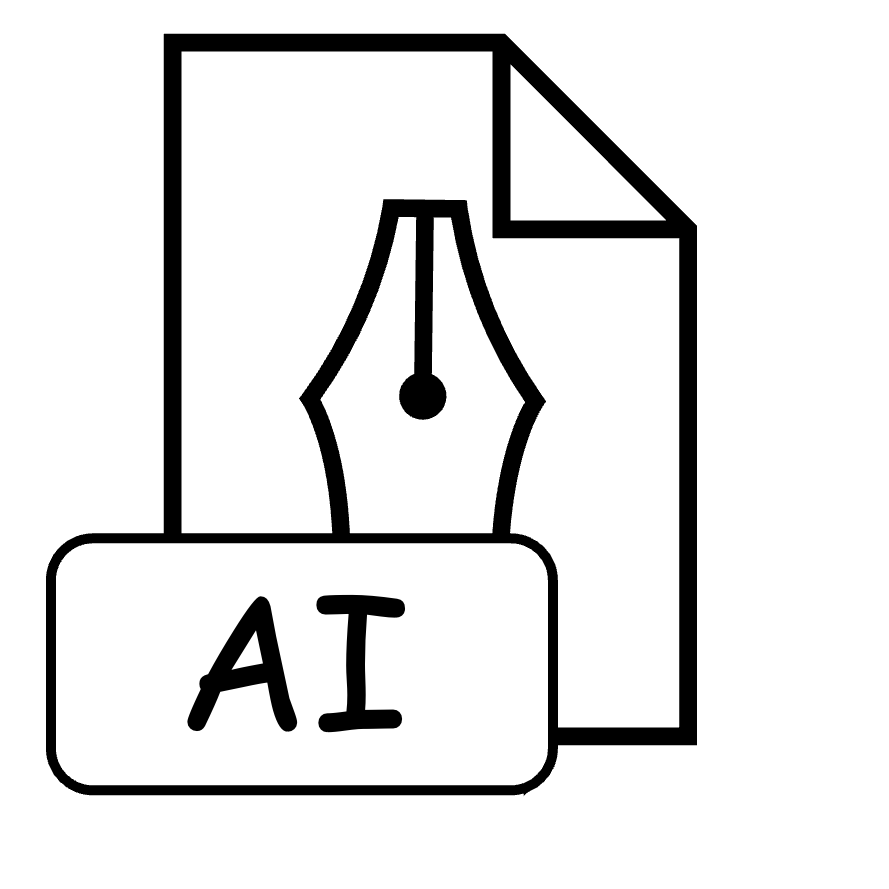Sitemap
A list of all the posts and pages found on the site. For you robots out there is an XML version available for digesting as well.
Pages
Posts
Future Blog Post
This post will show up by default. To disable scheduling of future posts, edit config.yml and set future: false.
Blog Post number 4
This is a sample blog post. Lorem ipsum I can’t remember the rest of lorem ipsum and don’t have an internet connection right now. Testing testing testing this blog post. Blog posts are cool.
Blog Post number 3
This is a sample blog post. Lorem ipsum I can’t remember the rest of lorem ipsum and don’t have an internet connection right now. Testing testing testing this blog post. Blog posts are cool.
Blog Post number 2
This is a sample blog post. Lorem ipsum I can’t remember the rest of lorem ipsum and don’t have an internet connection right now. Testing testing testing this blog post. Blog posts are cool.
Blog Post number 1
This is a sample blog post. Lorem ipsum I can’t remember the rest of lorem ipsum and don’t have an internet connection right now. Testing testing testing this blog post. Blog posts are cool.
publications
Towards a Middle-Ground Theory of Agency for Artificial Intelligence
Longin, L. (2020). Towards a Middle-Ground Theory of Agency for Artificial Intelligence. In Culturally Sustainable Social Robotics (pp. 17-26). IOS Press.
The paper proposes a middle-ground theory of agency for artificial intelligence that balances between attributing too much or too little agency to AI systems
Augmenting perception: How artificial intelligence transforms sensory substitution
Longin, L., & Deroy, O. (2022). Augmenting perception: How artificial intelligence transforms sensory substitution. Consciousness and Cognition, 99, 103280.
The paper discusses how artificial intelligence transforms sensory substitution and augmentation devices by introducing non-linear signal processing, which allows for more efficient and effective sensory information transfer, potentially reducing cognitive overload and improving usability for users.
Intelligence brings responsibility: Even smart AI-assistants are held responsible
Longin, L., Bahrami, B., & Deroy, O. (2023). Intelligence brings responsibility-Even smart AI assistants are held responsible. iScience, 26(8).
Even basic AI assistants are perceived as sharing responsibility with their human users for outcomes, despite being viewed as tools, while non-AI tools are not held responsible.
The Social Role of AI Advisers
Longin, Louis (2023): The social role of AI advisers. Dissertation, LMU München: Faculty of Philosophy, Philosophy of Science and the Study of Religion
This book examines the ontological status of AI advisers, arguing that they occupy a unique conceptual space between tools and human agents in terms of their agentive capacities, responsibility attribution, and ability to influence human perception and decision-making.
Co-perceiving: Bringing the social into perception
Deroy, O., Longin, L., & Bahrami, B. (2024). Co‐perceiving: Bringing the social into perception. Wiley Interdisciplinary Reviews: Cognitive Science, e1681.
The paper introduces the concept of co-perception as the ability to distinguish between objects perceived privately and those perceived commonly with others.
Joint perception needs representations
Deroy, O., & Longin, L. (2024). Joint perception needs representations. In The Roles of Representation in Visual Perception (pp. 25-45). Cham: Springer International Publishing.
The book chapter introduces joint perception as the phenomenon where perceivers become mutually aware of seeing the same objects together, and argues that representational theories are necessary to explain the empirical evidence showing that perception itself changes when viewing objects alone versus with others.
Data sharing in learning analytics: How context and group discussion influence the individual willingness to share
Longin, L., Briceno, D. M., & Poquet, O. (2025). Data sharing in learning analytics: how context and group discussion influence the individual willingness to share. Humanities and Social Sciences Communications, 12(1), 1-13.
Learners become more cautious about sharing their learning data after participating in a group discussion, with the willingness to share being lowest when data is submitted to a government entity and for a collective benefit.
Critical Argumentation about Data from Educational Technology Influences Subsequent Data-Sharing Decisions
Montenegro, D., Longin, L., & Poquet, O. Critical Argumentation about Data from Educational Technology Influences Subsequent Data-Sharing Decisions.
The paper introduces the concept of co-perception as the ability to distinguish between objects perceived privately and those perceived commonly with others.
Thinking together, more than thinking twice, makes better data privacy judgements
Longin, L., Bahrami, B., & Deroy, O. (2025, August 14). Thinking together, more than thinking twice, makes better data privacy judgements.
The paper introduces the concept of privacy indifference as people’s tendency to accept data-sharing practices without sensitivity to contextual factors, and demonstrates that group deliberation is more effective than individual reflection in improving contextual awareness of privacy decisions.
research
talks
teaching
Social neuroscience
Graduate Seminar. Co-taught with Deroy and Bahrami, LMU Munich, Neuroscience, Neuro-COgnitive Psychology, 2020
Philosophy of Cognitive Science
Undergredudate Seminar, LMU Munich, Philosophy, 2021
Neurophilosophy
Three guest lectures, LMU Munich, Graduate Center for Neuroscience, 2023
From individual to social perception
Graduate seminar, LMU Munich, Philosophy, 2023
Mental Representations
Graduate seminar, LMU Munich, Philosophy, 2024
Philosophy of Data Privacy
Graduate seminar, LMU Munich, Philosophy, 2024
Collective Intelligence - an integrative view
Graduate seminar. Co-taught with Justin Sulik., LMU Munich, Philosophy, 2024
Einführung in die Philosophy des Geistes
Undergraduate seminar, LMU Munich, Philosophy, 2024
Taught each term since WiSe 2023/2024.




